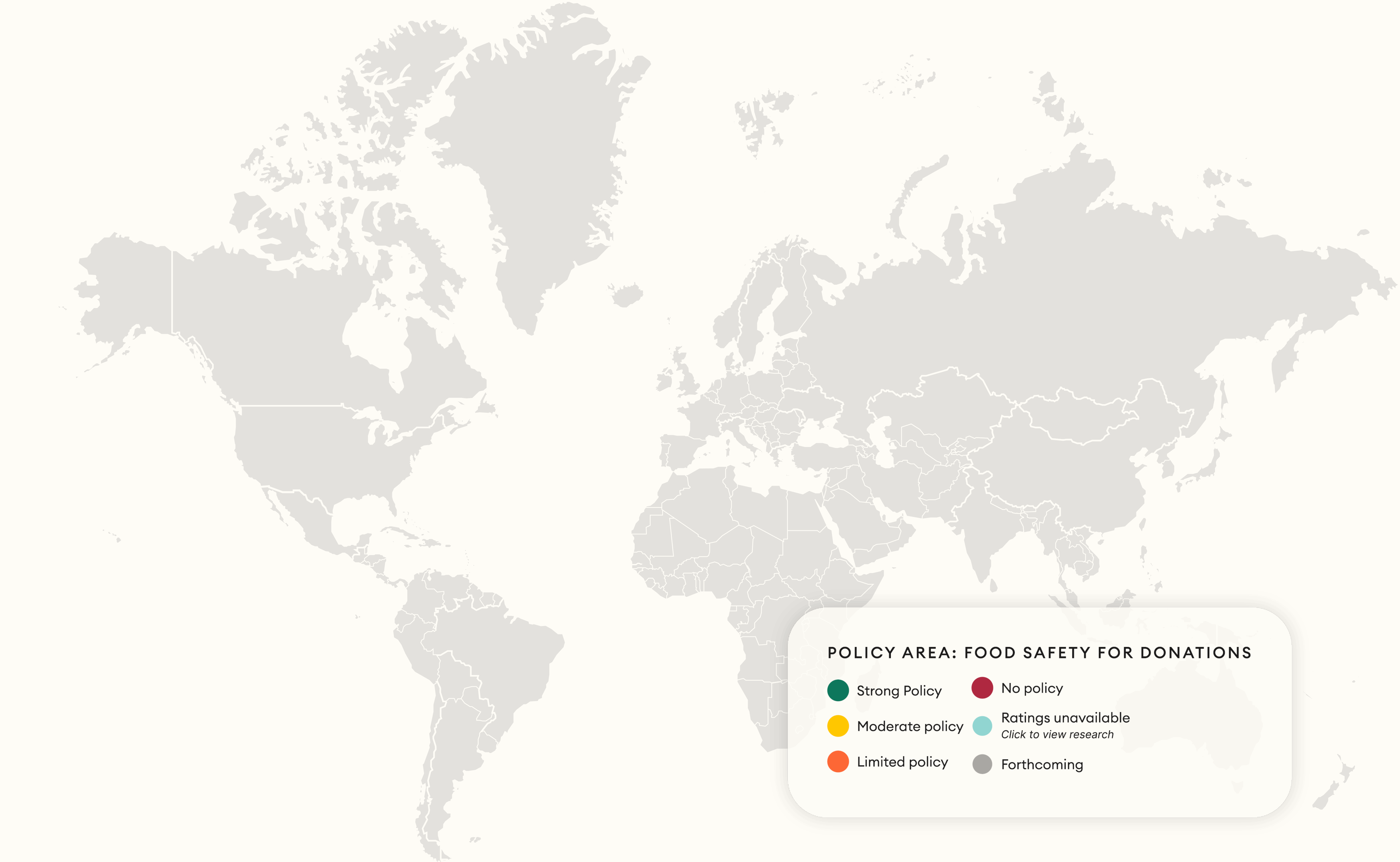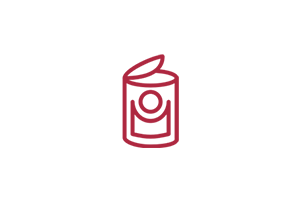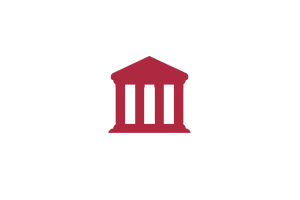Costa Rica: Policy Highlights and Opportunities
Estimates suggest that approximately 40% of Costa Rica's food supply is needlessly lost or wasted each year. At the same time, more than 30% of the population was moderately or severely food insecure prior to the COVID-19 pandemic. The Costa Rican government has demonstrated a commitment to addressing food and nutritional security and to promoting food system sustainability through national policy iniatives.
Atlas Research: Costa Rica
Policy Highlights
Costa Rica research was published in March 2021 and was made possible with the advice and support of our on-site partners, including Banco de Alimentos de Costa Rica.
Policy Opportunities and Recommendations





